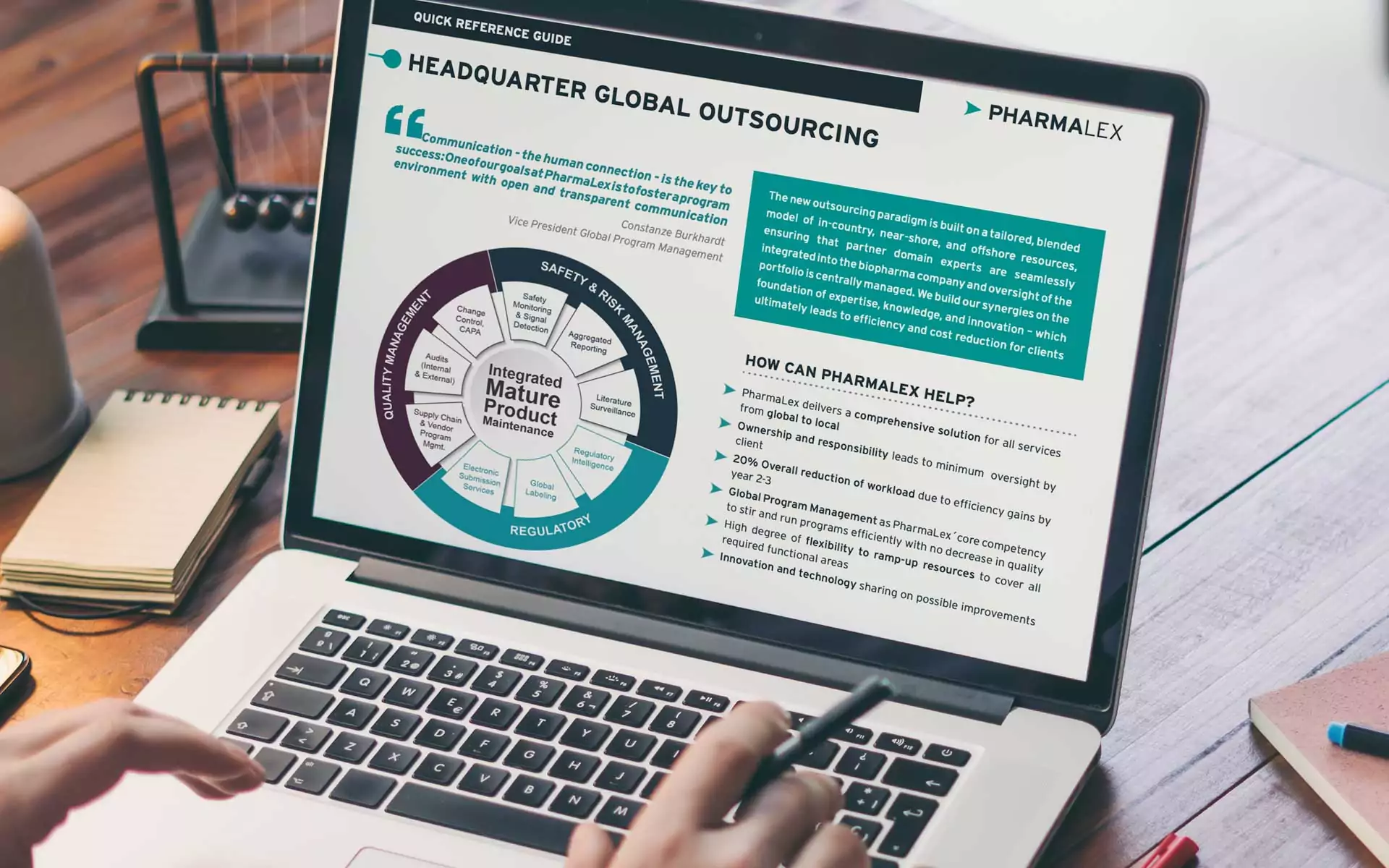Since the United Kingdom’s exit from the European Union (EU) in 2020, numerous changes in procedure have been implemented to ensure timely access for UK patients to both existing and innovative new medicines.
Two of the latest developments are the International Recognition Procedure (IRP) i which aims to allow the Medicines & Healthcare products Regulatory Agency (MHRA) to take into account the expertise and decision-making of trusted regulatory partners; and the Windsor Framework ii, which aims to restore the smooth flow of trade within the UK internal market due to issues encountered as a result of the Northern Ireland Protocol.
What’s changed?
IRP
The International Recognition Procedure, which started on 1 Jan 2024, replaces and expands on the existing EC Decision Reliance Procedure (ECDRP), whilst incorporating the Mutual Recognition/Decentralised Reliance Procedure (MRDCRP). It enables the MHRA to grant a Marketing Authorization (MA) or perform product lifecycle activities (line extensions, variations (Type 1B/Type II) and renewal applications) for a medicinal product with an existing MA provided by one of the MHRA’s acceptable Reference Regulators, including 1:
| Country or Jurisdiction | Regulatory Authority |
| Australia | Therapeutic Goods Administration (TGA) |
| Canada | Health Canada |
| Switzerland | SwissMedic |
| Singapore | Health Science Authority Singapore (HSA) |
| Japan | Pharmaceuticals and Medical Devices Agency (PMDA) |
| United States | Food and Drug Administration (FDA) |
| European Union/European Economic Area | European Medicines Agency (EMA) and Member State Competent Authorities of the EU, Norway, Iceland and Lichtenstein. (This includes approvals through the centralised, MRP/DCP and individual member state national routes) |
A new MA may be achieved via one of two possible recognition pathways:
- Recognition A – Is applicable if the reference regulator MA has been granted within the previous 2 years (60-day procedure, no clock stop)
- Recognition B – Is applicable if the reference regulator MA has been granted within the previous 10 years and fulfils at least 1 of the 24 listed criteria (110-day procedure with no more than 1 clock stop. If there are outstanding Major Objections at Day 110, formal advice on approvability will be sought from CHM, and the timetable will revert to the national 210-day timetable.)
The Windsor Framework
As of 1 Jan 2025, the MHRA will approve medicinal products for the whole of the UK market, to be labeled with ‘UK Only’. There will no longer be separate licenses for Northern Ireland (PLNI) or Great Britain (PLGB), with Northern Ireland (NI) being ‘carved out’ from EU rules pertaining to the EU regulatory framework iii.
In addition, the Falsified Medicines Directive (FMD) will be disapplied for NI iv. The features included for the purposes of compliance with this directive can be removed.
What are the advantages?
IRP
Expansion of international collaborations
The IRP will allow the MHRA to consider the decisions of trusted regulatory partners both from the EU and globally; expanding international collaborations and reducing repetition of work for the Health Authorities and Marketing Authorization Holders (MAHs) alike 1.
Faster market access
Both Recognition A and Recognition B pathways are shorter than the MHRA national procedure, which has a 210-day timetable. This allows for quicker market access to medicines authorized outside of the EU, which was previously not possible. In addition, the IRP will reduce the assessment burden on the MHRA.
MHRA support
The online eligibility form determines the suitability for recognition pathway A or B for a Marketing Authorization Application (MAA), and the MHRA offers the opportunity for a pre-submission meeting (PSM) to discuss the IRP dossier and requirements v. These offerings help to ensure the applicant makes the most suitable pathway decision for their MAA.
Recognition pathway B
Recognition pathway B allows the IRP to be accessible in situations where the conditions for recognition pathway A are not met, e.g. the reference regulator has granted a conditional or exceptional circumstances MA (or international equivalent), or where there are substantial changes in the manufacturing process or analytical methods compared to what was assessed by the reference regulator. A list of these 24 criteria can be found on the MHRA website.
Product Lifecycle
IRP is available to be used during the lifecycle of products initially authorized via alternative procedures (e.g. standalone national, MRDCRP/ECDRP routes). Conversely, for products authorized via IRP, standalone post-authorization procedures are acceptable. This allows for strategic flexibility during the lifecycle maintenance of a product.
Although it is preferred to use the same reference regulator throughout a product’s lifecycle, it is possible to change the reference regulator where it can be justified, for example, where it is to the benefit of the patient.
The Windsor Framework
Improved supply and medicine availability for Northern Ireland
Following Brexit, it was anticipated that Northern Ireland (NI) could effectively become a separate market. As a result, many companies decided to stop marketing in NI due to commercial viability, such as the costs of decommissioning and recommissioning serialization. With NI now being ‘carved out’ from EU rules pertaining to the EU regulatory framework, this possibility is removed and the supply to the country becomes viable again for many companies, providing reassurance to the patients of NI.
Disapplication of the Falsified Medicines Directive
Removal of the requirement to implement the features to comply with the Falsified Medicines Directive will simplify the process from a regulatory perspective. The MHRA encourages companies to continue to use anti-tampering packaging to minimize patient risk whilst streamlining the process 4.
Simplifying UK Packaging
With all MHRA authorization being applicable to the entire UK, with no differentiation between Great Britain and Northern Ireland, the process will be simplified and the risk of confusion and error reduced.
Preventing onward movement of UK licensed products to the EU
By carving Northern Ireland out of the EU rules pertaining to the EU regulatory framework and having clear ‘UK only’ labeling, the inappropriate onward movement of UK licensed products to the EU can be prevented.
A clearer regulatory future for the UK
These new procedures aim to provide the MAH with more flexibility and options when considering their MAAs and product lifecycle for medicinal products in the UK and allows them to simplify the packaging requirements of their UK licensed products. These streamlined innovative processes maintain the UK as an attractive market whilst removing many costly and time-consuming burdens placed on MAHs.
Are you struggling to determine and understand the way forward for your regulatory submissions in the UK? Or have you faced challenges with current UK procedures? We would be interested in hearing about your experiences and we’re happy to offer guidance on managing submissions in the UK.
About the author:
Nicole Brown is a Senior Specialist in Regulatory Affairs at PharmaLex with 5 years of experience in regulatory affairs and background as a pharmacist in both clinical and aseptic pharmacy.
Notes
i International Recognition Procedure, GOV.UK, Updated 5 Jan 24
ii Labelling and packaging of medicinal products for human use following agreement of the Windsor Framework, GOV.UK, Updated 22 Dec 23.
iii UK-wide licensing for human medicines, GOV.UK, Published 29 Sep 2023
iv Falsified medicines, European Commission. https://health.ec.europa.eu/medicinal-products/falsified-medicines_en
v Eligibility Checker and submitting your Marketing Authorisation application, GOV.UK, Updated 5 Jan 24.








